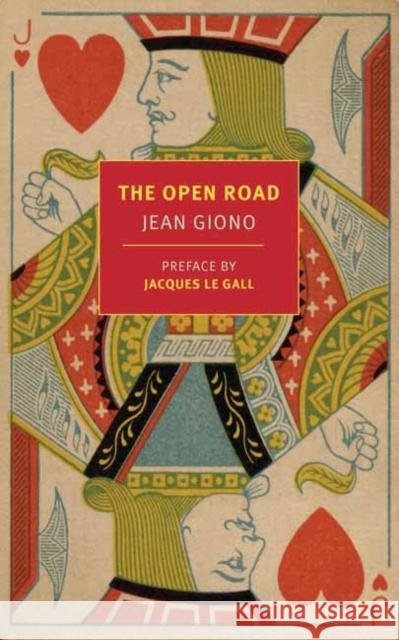The Open Road » książka
topmenu
The Open Road
ISBN-13: 9781681375106 / Angielski / Miękka / 2021 / 224 str.
Kategorie:
Kategorie BISAC:
Wydawca:
The New York Review of Books, Inc
Język:
Angielski
ISBN-13:
9781681375106
Rok wydania:
2021
Ilość stron:
224
Waga:
0.25 kg
Wymiary:
20.07 x 12.7 x 1.78
Oprawa:
Miękka
Wolumenów:
01
Dodatkowe informacje:
Wydanie ilustrowane











